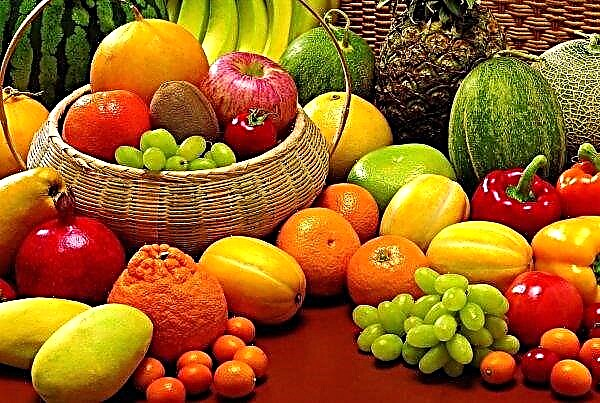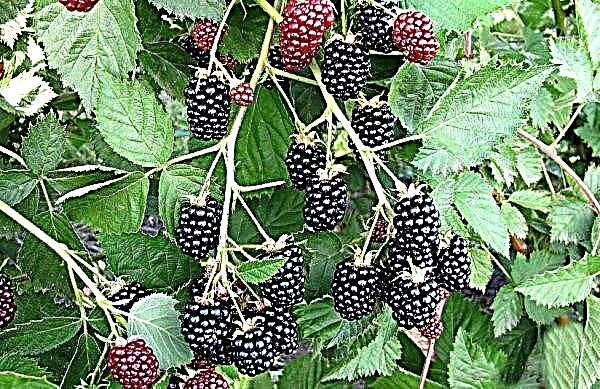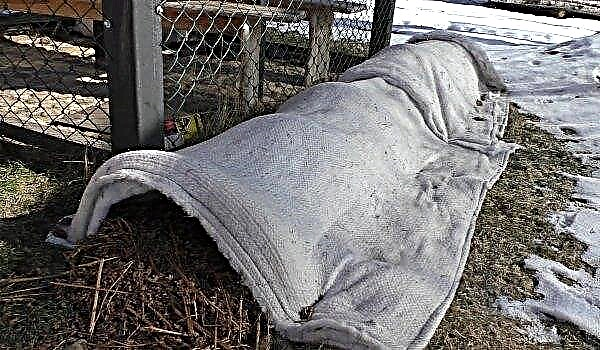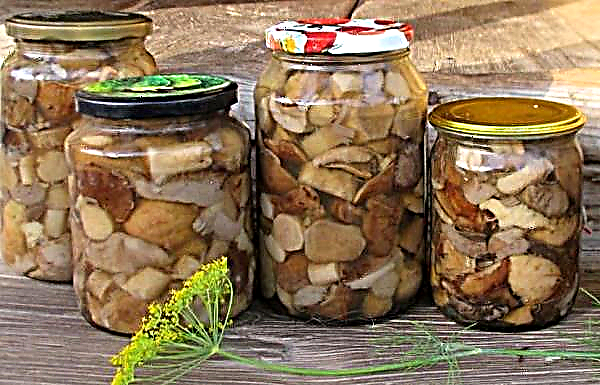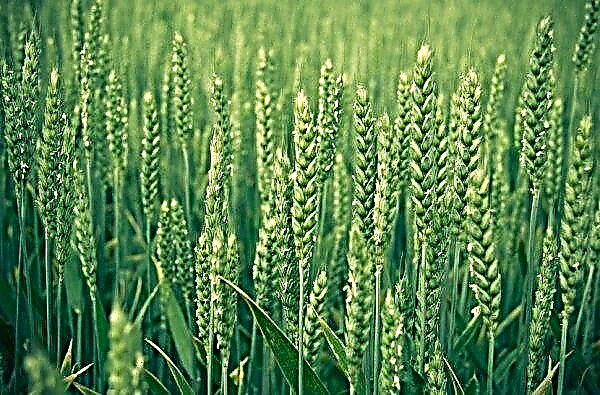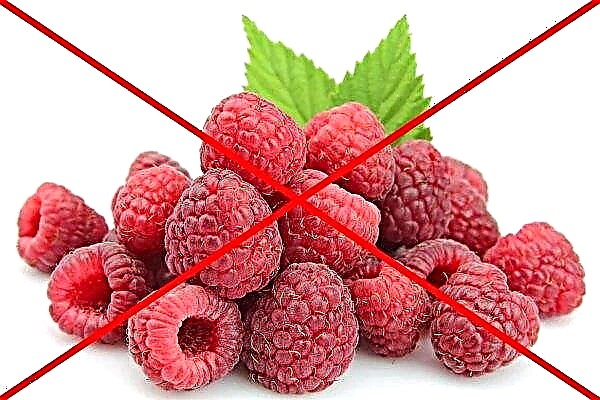The Indian Soybean Industry Association (SOPA) is opposed to lowering customs duties on edible oils, arguing that this will only help the import lobby and crush the local industry of this product.
The Indian Association of Soybean Manufacturers is opposed to lowering customs duties on edible oils, arguing that this will only help the import lobby and crush the local edible oil industry.
Direct speech: “We believe that, taking into account the reasons given, any step to reduce the customs duty on edible oils will be absolutely unproductive and will not meet the national interests of the country. This will only help the import lobby, and Indian farmers and local residents will only suffer from such a decision.
We demand not a reduction, but an increase in customs duty to 45% for crude soybean oil, which is mandatory for the WTO. And for other types of soft oils, the duty should be increased to the level of the allowed tariff rate, ”the association said.
 Soybeans contain almost the entire range of macro- and microelements: potassium - 1607 mg per 100 g, calcium - 348 mg; silicon - 177 mg; magnesium - 226 mg; phosphorus - 603 mg; iodine - 8.2 mcg, copper - 500 mcg
Soybeans contain almost the entire range of macro- and microelements: potassium - 1607 mg per 100 g, calcium - 348 mg; silicon - 177 mg; magnesium - 226 mg; phosphorus - 603 mg; iodine - 8.2 mcg, copper - 500 mcg
Regarding the issue of reducing customs duties on edible oils, the following is said: “Importing oils for many years at low rates has pushed Indian farmers from growing oilseeds and any efforts to increase productivity from and to, where to ?.
Oil prices are low, which makes growing these crops absolutely unprofitable. After increasing customs duties over the past two years, we have seen a significant increase in prices for soybeans and other seeds, which has led to an increase in farmers' profits. ”
The statement also notes that "The bill on imports to India already exceeds $ 10.4 billion a year, and with increasing demand and population, it will continue to increase if steps are not taken to increase oilseed production in the country."
- In the US, soybeans and grain jumped in price during nightly trading on reports that hot and dry weather was approaching for the central United States.
- According to He Zhenwei, secretary general of the Overseas Enterprise Development Association of the People’s Republic of China, the authorities in his country are seriously considering increasing purchases of Russian soybeans.
- In order to support local farmers, India raised the duty on wheat purchased abroad from 30 to 40%.

